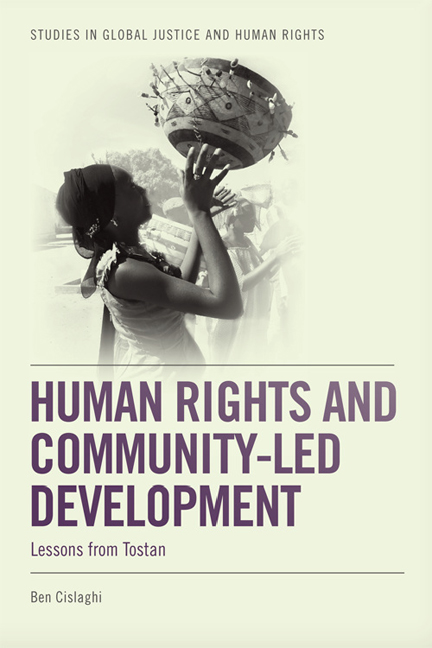6 - The ‘Now-Women’ and Other Changes: A Wider Horizon of Possibilities?
Published online by Cambridge University Press: 29 April 2021
Summary
INTRODUCTION
This chapter explores the outcome of the HRE programme in Galle Toubaaco. Here, I look at what changes happened as a result of the programme: how did community members make sense of gender roles and relations, decision-making and other human rights-inconsistent social practices after the HRE sessions? Participants challenged invisible power relations that relegated women to stereotyped roles and limited their access to visible and hidden power dynamics. In class, new possible roles were experienced that influenced women's behaviour outside of the class. Community members saw a difference in how the women behaved and spoke in the community, and acknowledged that difference. Traditional invisible power relations were challenged by new roles for women. The result of this process impacted on women's capacity to reify those different roles in the decision-making arena by exercising visible and hidden power.
The first section analyses the visible changes in the village and how they acted as motivator for community members’ capacity to acknowledge a change process in the village. After the programme, community members of Galle Toubaaco described their community as different. What is more, their community could be perceived as different: observable changes included structural changes that could be easily observed by visiting outsiders (e.g. the presence of more latrines or the increased cleanliness) and changes in the everyday language used by community members, observable in community members’ everyday interactions. I argue that the concrete changes that affected community members after the programme contributed to raising awareness of a social change process.
The second section argues that after the Tostan classes, women understood themselves differently and reported on a series of new actions they could carry out and new possibilities they had. I suggest that the relation between their identity and the interaction with the factual world around them contributed to their shifting understanding of themselves. I analyse how they made sense of that self and how a category emerged in all informants’ interviews when talking of women: that of the ‘now-women’. I analyse informants’ choice of words in their description of women and suggest that a shift in their understanding of women was instantiated into the now-women terminology they adopted.
- Type
- Chapter
- Information
- Human Rights and Community-led DevelopmentLessons from Tostan, pp. 174 - 210Publisher: Edinburgh University PressPrint publication year: 2017



